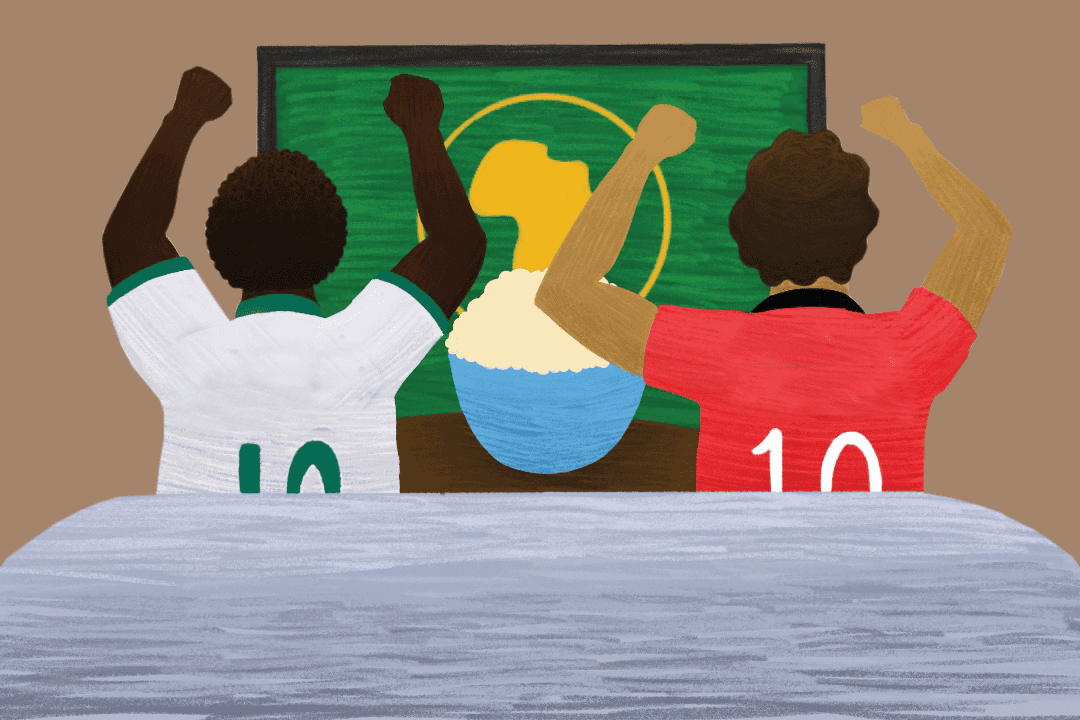The 2023 edition of Africa’s biennial continental soccer tournament — the Africa Cup of Nations (AFCON) — was hosted this January and February in Côte d’Ivoire. This was the second time in the country’s history it had hosted the tournament, having previously hosted it nearly 40 years ago in 1984.
The Ivorians have lifted the cup twice since their independence in 1960, with their most recent victory being in 2015, during what many consider to be the team’s golden era. This era included the likes of Yaya Touré, arguably the best African midfielder of all time. But, since then, the team has sunk, failing to go far in subsequent AFCONs as well as missing out on World Cup qualification twice in a row.
Though they lack former world-class players such as the Touré brothers and Didier Drogba, the Ivorians entered the current tournament with a balanced team in regard to the calibre of players they can field on the defense, midfield, and attack. The team includes the likes of Bayer Leverkusen centre-back Odilon Kossounou, whose team currently sits top of the Bundesliga; Franck Kessié, a versatile box-to-box midfielder who has won domestic titles with Barcelona and AC Milan; or even up-and-coming Premier League winger Simon Adingra, whose played a key role in maintaining Brighton & Hove Albion’s hopes of playing European soccer next season.
All this to say, I think most expected the Ivorian team to come out of their opening game victorious — and they did. The team was elated to have won since, regardless of their results in their next two matches, their three points from this game would most likely be enough to qualify for the next round — the four best-ranked third-place teams in the six groups would directly qualify for the round of 16.
Unbeknownst to all of us who watched AFCON, fans saw a prequel to the eventual final, when Côte d’Ivoire’s next group-stage match was against the three-time AFCON-winning Nigerian team. As a Nigerian myself, I had similar expectations for both countries — a quarter-final finish. I felt there were a lot of parallels between both sides. Nigeria’s last AFCON triumph was around a decade ago, our golden era was well past us and both teams had failed to qualify for the most recent FIFA World Cup.
But things weren’t looking completely bleak for us. Even without Leverkusen’s Victor Boniface — who unluckily missed out due to injury — Nigeria had arguably the most star-studded attackers in the tournament. A front three of Victor Osimhen, Ademola Lookman, and Samuel Chukwueze would cause problems for any side. In the end, Nigeria triumphed over Côte d’Ivoire, winning 1–0 thanks to a penalty from our captain William Troost-Ekong. Due to this result, Nigeria was through to the round of 16.
On the other hand, Côte d’Ivoire was in the mud — they succumbed to Equatorial Guinea by a margin of four goals in their final group stage match and ended the group stage with back-to-back defeats. For the next two match days, the Ivorians would have to wait on results from elsewhere to figure out if they, the hosts, would progress to the round of 16. They were handed a lifeline, though, when Morocco beat Zambia and ensured that the Ivorian team would progress to the round of 16 as the fourth-ranked third-place team.
Going into the round of 16, African soccer giants Ghana, Tunisia, and Algeria had been knocked out in the group stage, leading many to believe the path to the final was clear for favourites Senegal and Morocco. As Côte d’Ivoire had finished third in their group, they were matched up against the Senegalese team, the defending AFCON champions. But after a tense 120 minutes, Côte d’Ivoire came out triumphant in the penalty shootout, eliminating Aliou Cissé’s Senegal in the country’s de jure capital of Yamoussoukro.
After that outstanding victory, the Ivorians would go on to beat Mali and the Democratic Republic of the Congo on their path to the final in Abidjan. In the final, they would once again play Nigeria, who had eliminated Cameroon, Angola, and South Africa on their way to Abidjan.
On February 11, in the Alassane Ouattara Stadium, coloured in orange and green, the Nigerian Super Eagles took the lead with a first-half header from Troost-Ekong, much to the dismay of the orange crowd.
But in the second half, the Ivorian team would take the reins, creating more chances than Nigeria, who opted to “park the bus” after taking the lead. In the 62nd minute, a corner whipped into the box by Adingra found Kessié’s head. Kessié’s header levelled the score at 1–1.
Later, in the 81st minute, in what can only be described as a coup de théâtre, another ball Adingra crossed in found the foot of Sébastian Haller, who tipped the ball past Nigeria’s Stanley Nwabali to score what ended up being the game-winning goal.
As a fan of the Super Eagles, the moment left me utterly dumbstruck — though a part of me wasn’t surprised at this outcome, given the relative stochasticity of this year’s tournament compared to past ones. The sentiment that any team could beat any team has been long lost in European club football. For football fans around the world, that feeling was reinvigorated during the 30 days in which the AFCON played out.
From being the last berth into the round of 16 to lifting Africa’s most coveted cup on home soil, the Côte d’Ivoire team defied all the odds, producing what many fans have called the Miracle of Abidjan.



No comments to display.